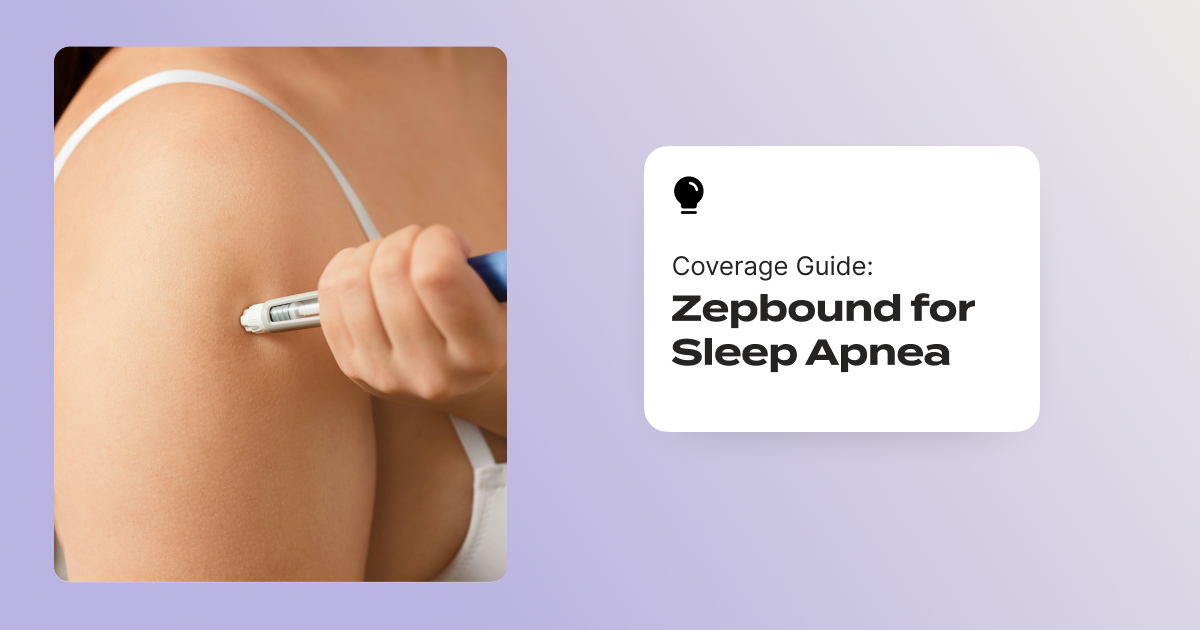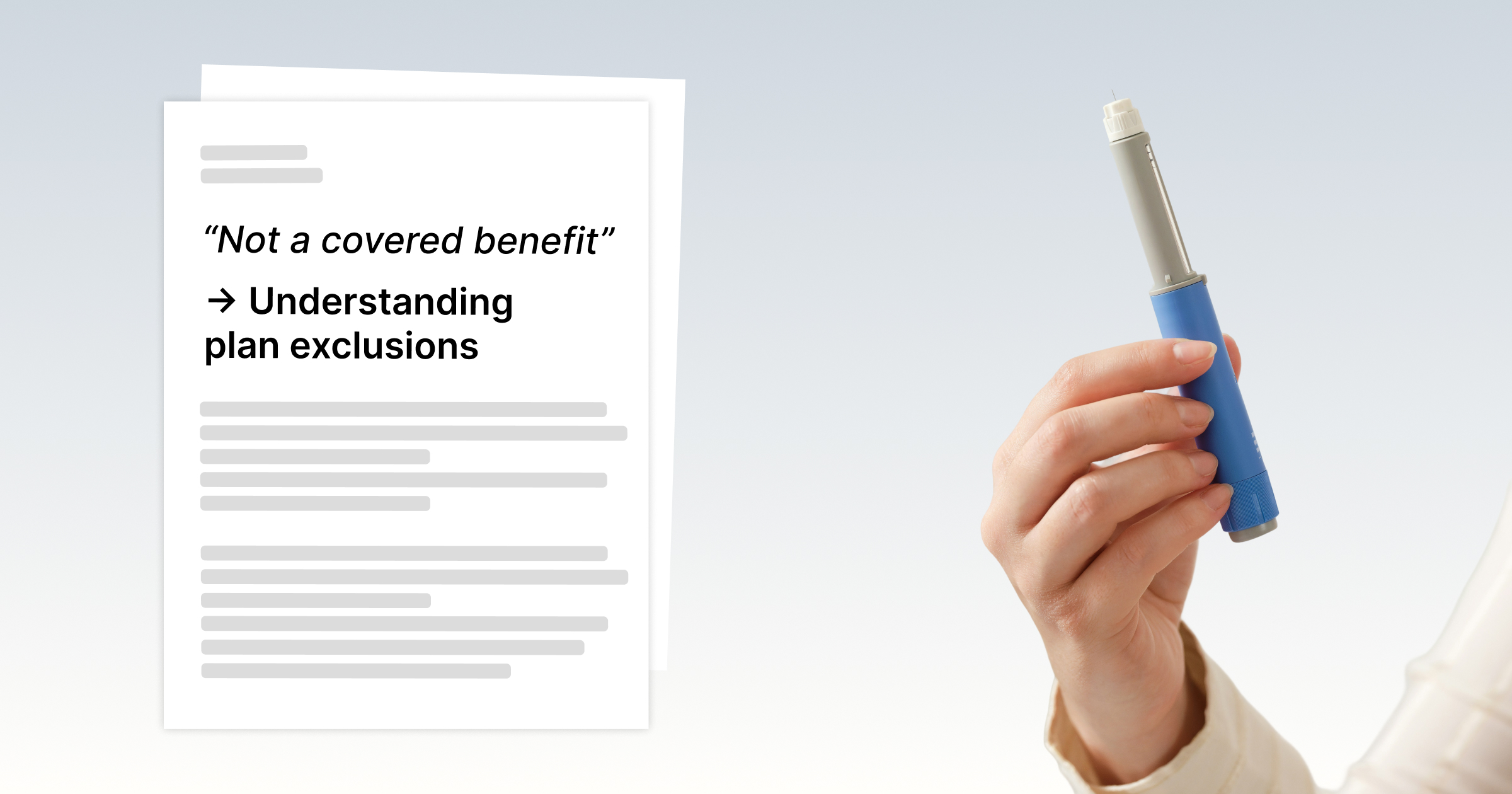Open Letter from our CEO to the American Academy of Pediatrics Re: PANS/PANDAS Evidence

February 11, 2024 UPDATE: We are seeing an increase in denials following the recent AAP report on PANS/PANDAS. Although the December 2024 report states, "Because they are limited by the present level of evidence on the topic, the findings are presented as a report rather than a clinical practice guideline," insurers are citing it as a guideline to justify denying previously approved care. Our team is actively collaborating with experts to refine appeal strategies in response to these challenges.
Re: Selective Interpretation of PANS/PANDAS Evidence
January 31 2025
Warris Bokhari
Claimable Inc.
To the Editors:
I just finished reading the AAP's report on PANS, and while it is thorough, it raises several significant concerns that I believe warrant attention:
First, the report does not list any authors beyond the board, nor does it identify the individuals or institutions consulted as experts. This omission is unusual and raises questions about whether true expertise in managing this complex condition was adequately represented.
Second, the diagnostic pathway outlined is so intricate that it seems unlikely most insurers will provide coverage, putting families in a precarious position where they cannot exclude significant negatives and thus unable to access necessary care.
Third, while the report criticizes existing studies for being small, this critique seems misplaced. Given the relatively low incidence of PANS/PANDAS in the population, small sample sizes are to be expected in research on rare diseases. Nevertheless, I have come across numerous studies using standardized instruments that demonstrate measurable improvements in affected children.
Finally, I am concerned that the evidence review stops in 2023, excluding important recent studies like Melamed et al. (2024), which demonstrated the benefits of IVIg treatment on psychometric tests related to OCD. In addition, Melamed et al. (2021) previously published a larger open-label study showing IVIg’s effectiveness in alleviating symptoms. Given the timing of this report and the significance of these findings, it is puzzling that they were not included, particularly since position papers like this remain valid for five years.
In summary: I am deeply concerned that this position paper will be used by insurers to justify sweeping and irreversible denials of care, leaving many families unable to access treatment. The concern in the PANS/PANDAS communities among families based on this highly selective interpretation of the existing evidence.
While I recognize the limitations of small studies in this field, such limitations are common in rare disease research. The strong stance taken by the AAP could have serious implications, limiting access to the care that children with PANS/PANDAS urgently need.
Sincerely,
Dr. Warris A. Bokhari, M.B., B.S.
Submitted on January 31 2025
Be the first to know
Get the latest updates on new tools, inspiring patient stories, expert appeal tips, and more—delivered to your inbox.
You're on the list!



